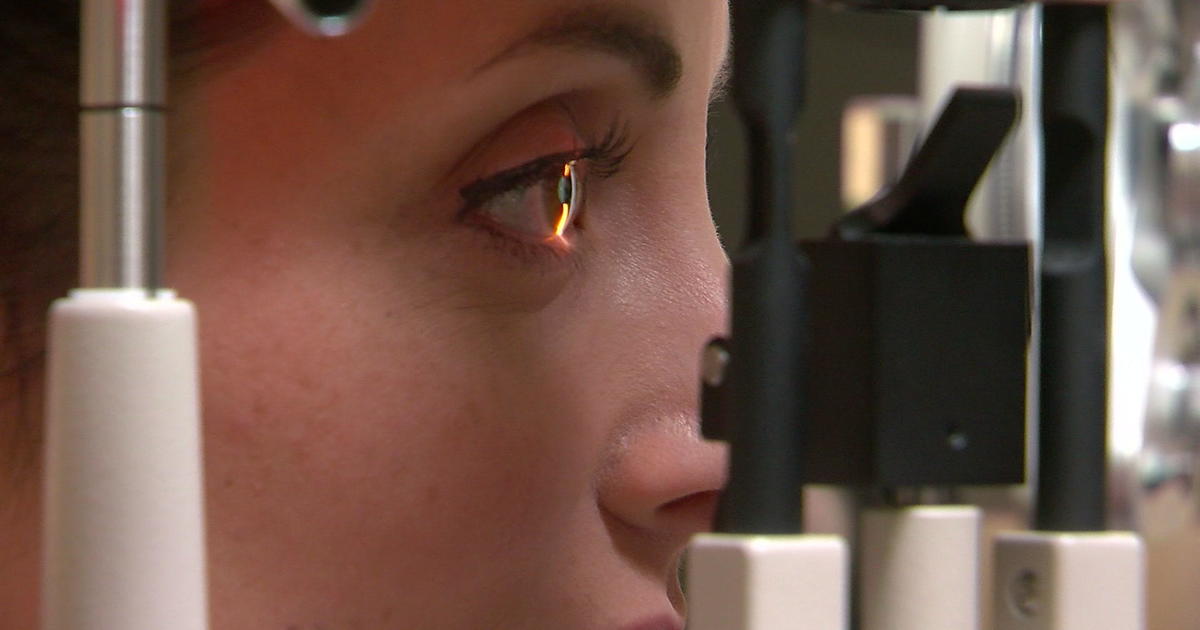Study: Men Prefer Virtual Visits For Doctor's Appointments
PITTSBURGH (KDKA) -- Out of necessity, the pandemic has driven a lot of us to use virtual appointments to see our doctors. It turns out, according to a new study, men apparently like it that way, especially when talking about embarrassing conditions.
The Cleveland Clinic's Dr. Petar Bajic says, "a large number of men have been using virtual health. We're finding more and more that patients prefer this for many conditions, at least for that initial conversation."
Dr. Sunjay Mannan from Allegheny Health Network says virtual appointments were born out of necessity, but persist out of convenience. "They provide access at a time when you wouldn't have had access. So a lot of a physical exam can be done over the virtual phone when it comes to psychological issues neurological issues, how ill is a patient, what's the severity of illness when I look at someone how comfortable they are."
Dr. Mannan says all that is important when it comes to men because, "We just don't want to go to the doctor."
Dr. Bajic says the Cleveland Clinic study indicates 44% of the men surveyed preferred the virtual connection due to embarrassment. "The virtual visit allows them to feel like it's a little bit more of a private conversation. They don't have to worry about running into somebody that they know in the parking garage or in the waiting room. And if they feel more comfortable doing so in the setting of a virtual visit I think that's a great option."
But Dr. Mannan questions that finding, "I know that the survey shows that but I don't think that's the case, I think that has to do with the trust you have in your doctor."
One thing that hasn't changed with the pandemic or the use of a virtual visit is what drives men to reach out for an appointment. Dr. Bajic says, "So cardiovascular disease is number one, it's the number one leading cause of death in men. And there's a lot of literature that would suggest that erectile dysfunction can actually be the first sign of cardiovascular disease."
Dr. Mannan's list goes one further, "cardiovascular disease, erectile disfunction, and add significant others to that. Our significant others really keep us alive. I think that men who are in long term relationships tend to be healthier ultimately." Because he says those we are close to often push us to check something out that we might otherwise ignore.
Both doctors say the virtual appointment has wiped out on of the key reasons men cite for nothing going to the doctor, work conflicts. Dr. Mannan says, "So, as far as working, getting to the office, the time it takes the check in process, you're immediately on the phone with your doctor."
Dr. Bajic says that virtual access is critically important in minority communities where Work conflicts are especially critical. Dr. Bajic says as a result critical issues go unchecked. "We know that African American men are significantly more likely six times more likely to develop kidney failure due to high blood pressure. We also know that Hispanic men are more likely to get diabetes and diabetes related kidney failure than Caucasian men."
Not surprisingly Dr. Bajic says the survey indicates an age bias when it comes to virtual appointments, "The younger patients are even more so interested in that."
Regardless of age, Dr. Mannan says its important to realize often one condition can be an indicator of something more serious. "Erectile dysfunction can often be there's not enough blood flow getting to the reproductive organs and that can be a first sign of heart disease, atherosclerosis, which is a cholesterol buildup in our arteries."
And Dr. Bajic says having to urinate more frequently, "can be the first signs of serious medical conditions like high blood pressure, high cholesterol, diabetes and things like that. We don't want to ignore symptoms and let it get to a point where it could be dangerous or life threatening."
So whether the patient is a man or a women and the reason for connecting virtually is convenience or embarrassement, the key is connecting.
And the doctors don't believe this is just a pandemic trend. The feel that telemedicine, virtual medicine, teams or zoom medicine, whatever you want to call it, is the "new normal."



